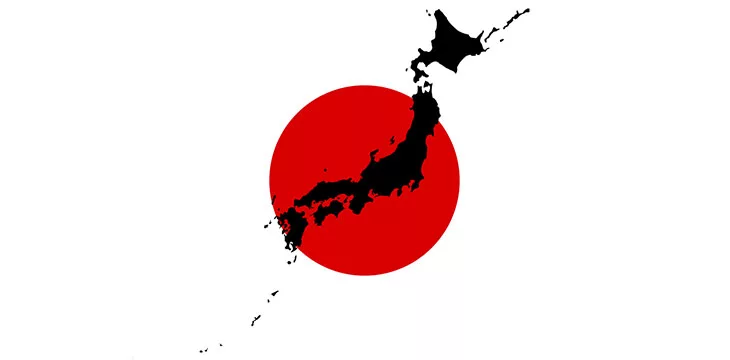|
Getting your Trinity Audio player ready...
|
Japan is removing a tax on unrealized “paper gains” for companies issuing and holding their digital tokens. The new rules, proposed last December and put into effect this month, help to relieve a major pain point for blockchain startups.
Under the old rules, companies that issued and held their own digital tokens would be subject to 30-35% taxation on value gains if those tokens were listed on an open trading market. This applied whether or not the company had sold the assets, something many startup founders described as unfair.
According to reports, some project founders even threatened to leave Japan for other jurisdictions because of the existing tax laws. They also discouraged foreign projects from setting up shops in Japan.
Most changes to Japanese regulations in recent years have tended to clamp down harder on digital assets, with tighter restrictions on transfers between exchanges and a ban on non-bank organizations issuing “stablecoins.”
These regulations would appear to be at odds with national policies, such as the “Cool Japan” investment drive that promotes Japan’s more modern pop-culture industries and exports to boost the national economy. Prime Minister Fumio Kishida has expressed personal support for current buzzwords like Web3, NFTs, fintech, blockchain, and DAOs, calling them part of the “new capitalism.”
Specifically, the new regulatory amendments refer to digital assets issued by a project and held continuously by it. This means that any assets transferred to other entities are still subject to taxation on “paper profits.” There are complaints that this point still discourages venture capital from investing in projects if they’re taxed on the value of digital assets they receive as part of their investment deals.
国税庁から「法人税基本通達等の一部改正について(法令解釈通達)」が出ました。自己が発行した #暗号資産 について記載されています。https://t.co/Bk2SoadKIK pic.twitter.com/JXiUzYgceQ
— 日本ブロックチェーン協会/JBA(Japan Blockchain Association) (@J_Blockchain) June 23, 2023
Blockchain entrepreneur and developer Jerry Chan said the new regulations were probably a good start:
“It certainly will make it easier for NFT companies or blockchain projects creating tokens that are either digital assets or ‘phygital’ assets will have a much easier time here.”
“Not sure if this makes Japan as good as Hong Kong or Singapore. But certainly levels the playing field a bit. Japan has been horrible compared to anywhere else for a long time.”
The chairman of the Japanese government’s official Web3 Project Team (web3PT) said the issue was now “somewhat resolved” but hinted there was still some way to clarify Japan’s laws on when and how digital assets should be taxed. This includes taxation on digital assets held and traded by individuals.
Japan has multiple industry groups that lobby for the blockchain and digital asset industry, including the Japan Crypto Asset Exchange Association (JVCEA) and the Japan Crypto Asset Business Association (JCBA). The English terms “crypto asset,” “digital asset,” and “virtual asset” are often interchangeable.
When the new laws were proposed last December, JCBA chairman Gaku Saito also said his group appreciated the effort, adding that making things easier for companies to create/issue digital assets would help to develop the industry.
In February this year, Kishida said DAOs could encourage people to organize around social issues of interest. Japanese video game producers have also begun to add NFT and blockchain elements to their businesses. In many ways, it’s a natural fit, given Japanese culture’s long-standing obsession with limited/special edition products and collectibles.
Watch: Web3 creates more equitable business model for all

 03-04-2026
03-04-2026 




